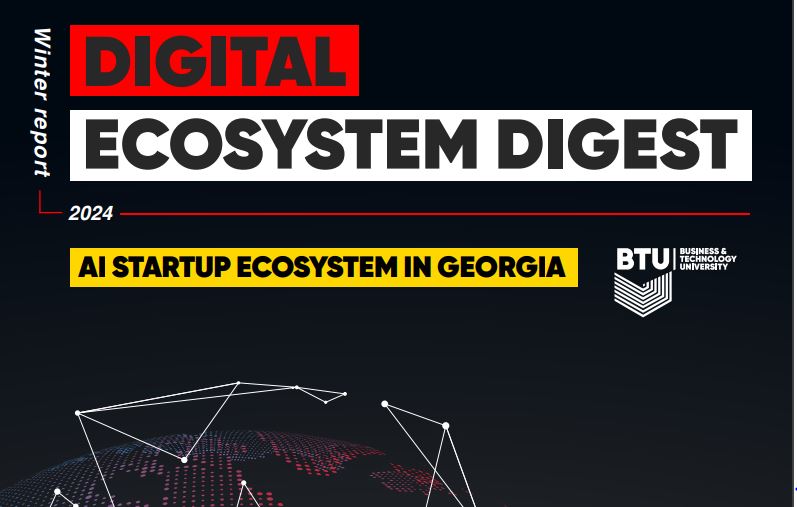In the realm of technological innovation, artificial intelligence (AI) has emerged as a frontier for competitive advantage and business development. Globally, AI startups are transforming industries by harnessing the power of machine learning, natural language processing, and cognitive computing. They are not
just reinventing existing processes or making breakthroughs across various sectors, from healthcare to finance, from education to logistics, etc. As of recent years, the development of AI startups has been remarkable. AI startups worldwide saw a surge in funding, with total investments exceeding $65 billion in 2023, a significant increase from previous years (Statista, 2023). This highlights the growing confidence of investors in the potential of AI to disrupt markets. On the other hand, the market for AI technologies grew to 208 billion USD in 2023, representing a 47% annual growth, and is estimated to reach 1.9 trillion USD by 2030 (Statista, 2023).
While AI startups are growing across the globe, the United States remains the undisputed leader, accounting for roughly half of the global AI startup funding (Emerj, 2023). Silicon Valley continues to be a hotbed for AI innovation, but other regions like Europe and Asia are also developing AI ecosystems.
China is rapidly closing the gap, other countries like Israel and India are also emerging as hubs for AI talent and entrepreneurship.
Despite this rapid growth, AI startups face an array of challenges. The high cost of talent and advanced technology, coupled with significant research and development expenses, presents substantial financial hurdles. Additionally, the complexity of AI systems demands a thorough regulatory environment to address ethical, privacy, and security concerns.
For a developing country like Georgia, the stakes and opportunities presented by AI startups are particularly significant. Compare to large tech hubs, Georgia’s tech market offers a blend of challenges and potential. Limited access to capital, a smaller talent pool, and the need for more robust infrastructure make it difficult for Georgian startups to compete on a global scale. Yet, the importance of fostering a homegrown AI ecosystem cannot be overstated. It represents a vital step towards modernizing the economy, attracting foreign investment, and retaining local talent.
This report delves into the specific context of Georgia, analyzing the AI startup ecosystem through practical research. It has a focus on comprehensive study of around 20 active startups from Georgia, whose business models are fundamentally based on AI, whether they are developing new AI systems or leveraging existing AI technologies. Information was obtained from an observational study enhanced with direct feedback from startup representatives, gathered in January 2024.
The report is organized to give a clear view of the AI startup environment in Georgia. It starts by looking at where these startups are working, how they’re set up, their funding, the tech they use, and when they started. The next part focuses on trends in AI innovation, which we see through the lens of ideas represented in startup grant programs.

